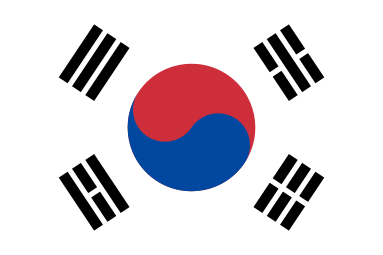 A professor at Sunchon National University has resigned from a prominent government position in South Korea after facing heavy criticism for being a co-author of a fraudulent stem cell paper.
A professor at Sunchon National University has resigned from a prominent government position in South Korea after facing heavy criticism for being a co-author of a fraudulent stem cell paper.
Earlier this week, President Moon Jae-in appointed Park Ky-young to run a newly created Science, Technology and Innovation Office at the Ministry of Science and ICT. Critics quickly cried foul, noting that Park co-authored one of the stem cell papers by Woo-Suk Hwang, which made headlines 10 years ago after an investigation revealed the supposedly groundbreaking research had been fabricated.
According to the Korea Herald, Park’s position would have given her a say over the country’s R&D budget, worth 20 trillion won ($17 billion USD) in the science sector. The appointment does not require approval from parliament.
Today, Park agreed to step down. In a written statement, she said:
I sincerely hope that the Science, Technology and Innovation Office performs its role as the nation’s science control tower and that my resignation may act as an opportunity for unity and development in science.
Only yesterday, Park said that she will not resign, despite the controversy:
I will try my best, if given an opportunity, I want to pay back the country with my work.
During Thursday’s press conference, Park also apologized for her role in the stem cell scandal, which forced her to resign as an advisor to then-President Roh Moo-hyun in 2006:
I think I was not careful enough to be a co-author of Hwang Woo-suk’s paper that was published in Science…I am deeply regretful.
Woo Jae Kim at the University of Ottawa, who helped craft a statement by the Engineers and Scientists for Change against Park’s appointment, told us his objections don’t stem solely from Park’s involvement with the Hwang research. Rather, he believes she’s also unqualified:
First of all, she is a typical scientist who follows political power merely for one’s ambition not for people’s benefit from it. Second, she never proved she is innovative and prepared to conduct that job.
Kim added that Park is promoting an innovation strategy that is now a decade old.
This approach will bring tragedy to Korean R&D, not innovation. My reason to deny Park’s appointment is simple. Whatever she did before with Hwang, she is not a person who can conduct innovative R&D plan in Korea.
Hwang, meanwhile, hasn’t dropped out of the public eye either — even after being convicted of embezzling research funds in 2012, he continued his work, and went on to sell cloned animals for up to $100,000 each. In 2014, he even obtained a U.S. patent based on the cell line described in his retracted papers.
Like Retraction Watch? Consider making a tax-deductible contribution to support our growth. You can also follow us on Twitter, like us on Facebook, add us to your RSS reader, sign up on our homepage for an email every time there’s a new post, or subscribe to our daily digest. Click here to review our Comments Policy. For a sneak peek at what we’re working on, click here.